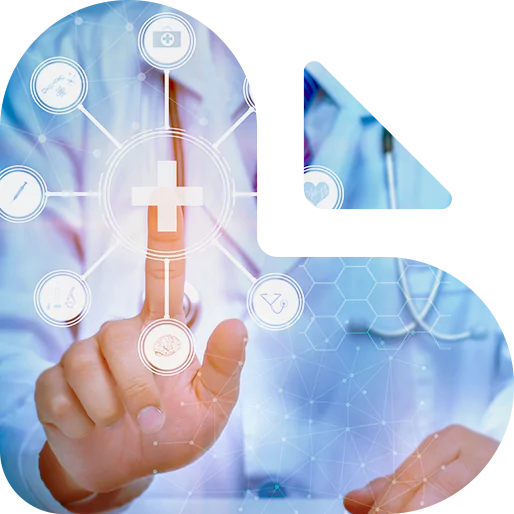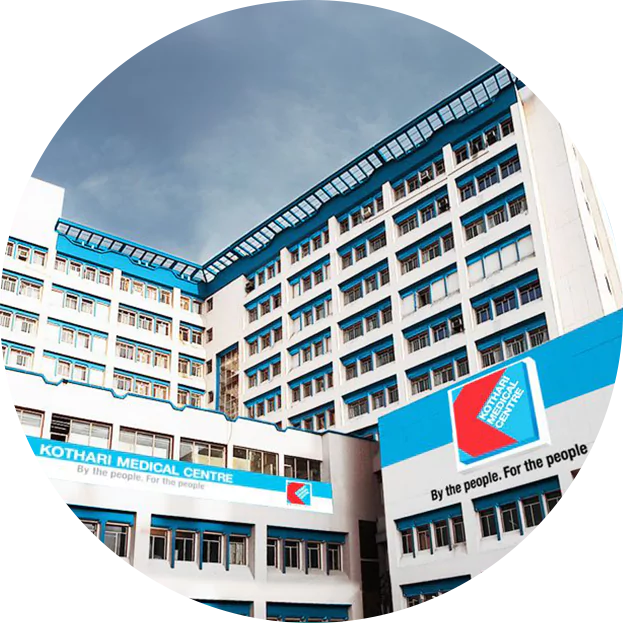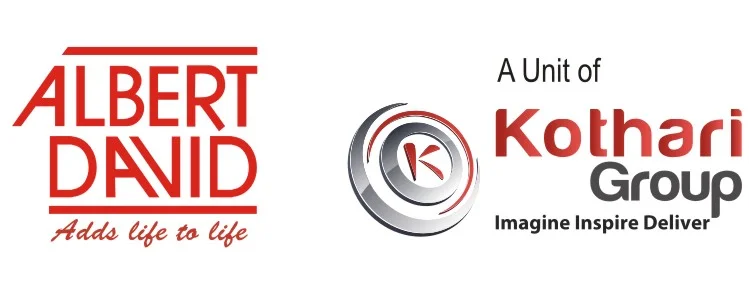Nephrology
Home > Departments >
Nephrology
Department of Nephrology
Welcome to the Department of Nephrology at Kothari Medical Centre. It is a leading facility for kidney health and renal care. Our dedicated team of skilled nephrologists and healthcare professionals is committed to diagnosing, treating, and managing a wide range of kidney-related conditions. Equipped with state-of-the-art technology and a patient-centered approach, we strive to provide comprehensive solutions for kidney diseases and dialysis.

Nephro Care
Diagnosis and Treatment
Diagnosis of disorders like chronic kidney disease (CKD), acute kidney injury (AKI), glomerulonephritis, kidney stones, and other renal-related conditions are done by utilising the most recent medical innovations and diagnostic equipment.
Hemodialysi
We provide hemodialysis services for patients with end-stage renal disease (ESRD) or severe kidney failure.
Peritoneal Dialysis
As an additional kidney replacement therapy option for hemodialysis, we also offer peritoneal dialysis. With this approach, patients can manage their dialysis treatments with more freedom and flexibility.
Diabetic Nephropathy
Kidney disease is primarily brought on by diabetes. For patients with diabetic nephropathy, our department offers specialised care with the goal of delaying disease development and avoiding complications.
Management of Glomerular Disease
Glomerular illnesses are conditions that affect the glomeruli, which are small filtering organs in the kidneys. Diagnose and treat diseases like glomerulonephritis and nephrotic syndrome by nephrologists
Management of the Body's Electrolyte and Fluid Balance
Nephrologists assist in the management of the body's electrolyte and fluid imbalances, which are essential for preserving healthy kidney function and overall wellbeing.
Management of Polycystic Kidney Disease (PKD)
Nephrologists treat patients with PKD, a hereditary condition in which the kidneys develop fluid-filled cysts.

Why choose us?
- The hospital also has a Nephrology Out Patient Clinic.
- At the Kothari institute, each patient is treated with a multidisciplinary approach, if required.
- Kothari Medical Centre has one of the city’s best dialysis unit, with latest technology, that provides all types of dialysis.
- A state-of-the-art water purification plant along with regular water tests ensures a continuous supply of ultra-pure water for dialysis.
- Nephrology department provides education to patients about their kidney condition, treatment options, dietary recommendations, and lifestyle modifications to manage their kidney health.
- The department has access to modern diagnostic and treatment technologies such as advanced imaging equipment, hemodialysis machines, and laboratory facilities.
- Ensuring that patients receive continuous care throughout their kidney disease journey is important for managing chronic conditions effectively. At Kothari we ensure regular follow-up appointments, medication management, and monitoring of disease progression.
- The nephrology department collaborates with other medical specialties, such as cardiology, endocrinology, and urology, to provide comprehensive care for patients with complex medical conditions that affect the kidneys. This multidisciplinary approach ensures that patients receive well-rounded treatment.
The Packages of Convenience

FAQs
Nephrology is a branch of medicine that specialises in identifying and treating conditions that affect the kidneys. Our hospital’s Department of Nephrology is an expert in offering patients with kidney disorders, from early-stage kidney issues to end-stage renal disease, comprehensive care.
If you encounter symptoms like persistently high blood pressure, changes in urine colour or frequency, swelling in the hands and feet, unexplained exhaustion, or a family history of kidney disease, you should think about seeing a nephrologist. Early evaluation is crucial to preventing further kidney damage.
While peritoneal dialysis uses the peritoneal membrane in the belly to filter blood, hemodialysis requires utilising a machine to do it outside of the body. While peritoneal dialysis enables patients to do treatments at home, hemodialysis is typically performed at a dialysis facility.
Dietary advice is individualised based on the conditions of each patient by our nephrologists in close collaboration with nutritionists. Typical dietary modifications could involve consuming less salt, potassium, phosphorus, and protein while still getting enough nourishment.
Patients with end-stage renal disease (ESRD) whose kidney function has declined to the point that dialysis is no longer sufficient to preserve health are given the option of a kidney transplant. A healthy kidney from a living or deceased donor is substituted for a sick kidney during a transplant.
Kidney issues can be avoided by leading a healthy lifestyle. This entails drinking plenty of water, eating a balanced diet, managing blood pressure and blood sugar, limiting salt intake, and quitting smoking. Kidney health can also be improved by engaging in regular exercise and avoiding overusing pharmaceuticals like nonsteroidal anti-inflammatory drugs (NSAIDs).
Chronic kidney disease (CKD), kidney stones, glomerulonephritis, renal hypertension, electrolyte imbalances, kidney infections, and kidney failure (end-stage renal disease, or ESRD) are just a few of the ailments that the nephrology department tackles.






